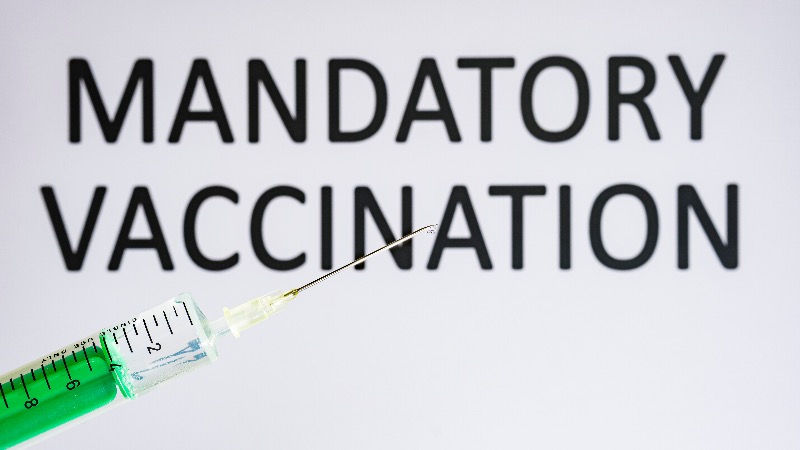
Even mild myocarditis can cause fatal arrythmias.
When some people started experiencing myocarditis, or heart inflammation, after receiving COVID-19 vaccines, public health authorities and the media downplayed the severity of the problem and insisted that the protection offered by the vaccines was worth the risk. However, it is now emerging than the problem is more serious than vaccine supporters initially claimed.
A new study by Australian researchers revealed that one third of patients who suffered from myocarditis after getting a COVID-19 vaccine still had heart scarring more than a year later. This is according to cardiac imaging that showed persistent late gadolinium enhancement (LGE), which is typically an indicator of heart scarring.
In the study, the median time between the day the person received the vaccine and when they underwent follow-up imaging was 548 days; the longest interval among those studied was 603 days.
The researchers wrote: “We found that the incidence of persistent myocardial fibrosis is high, seen in almost a third of patients at >12 months post diagnosis, which could have implications for the management and prognosis of this predominantly young cohort.”
They cautioned that we do not yet know what the long-term clinical implications of this are. However, given the fact that LGE tends to indicate a worse prognosis in myocarditis that is not connected to COVID-19 vaccines, particularly when it persists longer than six months, there is plenty of reason to be concerned.
Most of the patients in the study had received the Pfizer vaccine, while some received jabs from Moderna or AstraZeneca.
According to the British Heart Foundation, heart scarring caused by myocarditis means the heart needs to work harder to pump blood and oxygen throughout the body, which can cause the heart muscle to grow bigger and weaker over time. If enough scar tissue forms there, it can cause congestive heart failure or dilated cardiomyopathy, the Texas Heart Institute notes.
Another recent study, this one out of Canada, found that half of the patients with post-vaccination myocarditis still had persistent LGE during follow up imaging. They noted that this “likely reflects replacement fibrosis”, or heart scarring. They also cited papers showing that patients who have persistent LGE tend to have a greater risk of negative outcomes.
Even mild myocarditis can cause fatal arrythmias
Myocarditis emerged soon after vaccine rollouts as one of the more immediately visible side effects of the jab, largely affecting teens and young adult males within the first week after getting an mRNA vaccine. Interestingly, most of the cases occurred in young men following their second dose of the vaccine. Doctors aren’t sure why it mostly affects men, but they believe that testosterone may play a role in vaccine-induced myocarditis. It is treatable in some cases, but there are multiple forms of myocarditis, and each has its own prognosis. Some people may have to limit their activities and take medication for the rest of their lives.
Research from Japan shows that even mild cases of myocarditis can lead to fatal arrythmias. A group of doctors, scientists and academic experts known as the Health Advisory and Recovery Team (HART) published an advisory about the study, noting: “The possibility that inflammation affecting just the conductive system might result in fatal arrhythmia is a concern we have previously raised in relation to the mRNA products.”
The group added that this type of vaccine damage cannot be detected in a standard autopsy and may have been missed in the post-mortems of some people who died suddenly following vaccination.
Last year, a 28-year-old Dominican basketball player whose career was damaged by vaccine-induced myocarditis died of a heart attack while undergoing a stress test at a health center.
World War III: The Big Advancement Of Potential Nuclear War That The MSM Won’t Talk About




